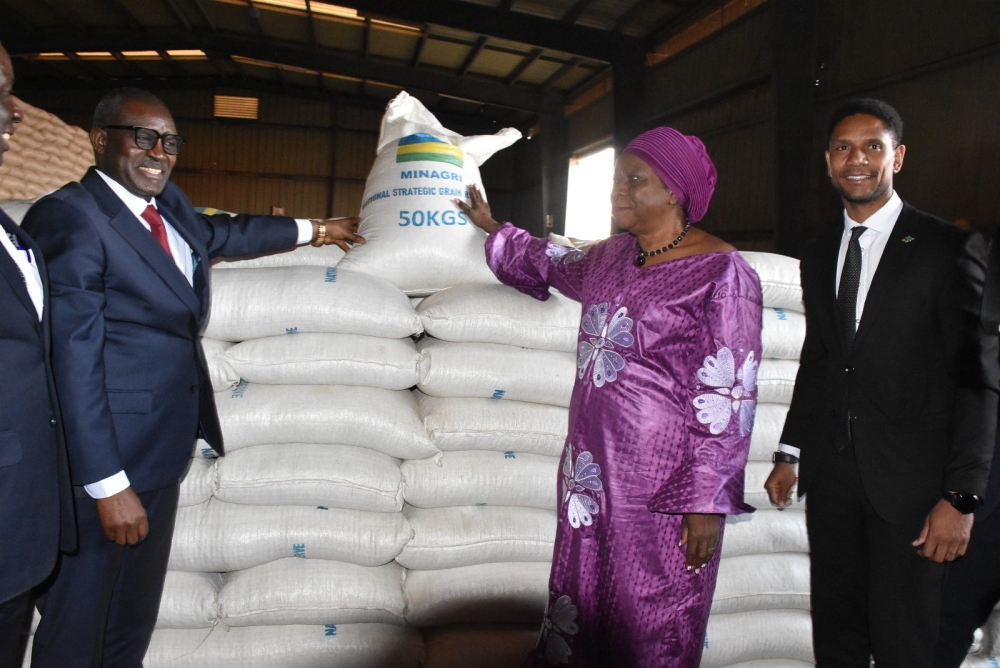

Rwanda's recent donation of maize to Zambia and Zimbabwe, countries grappling with the devastating effects of El Nino, is a powerful act of solidarity that transcends mere charity.
While it is a modest gesture which will certainly not enough to alleviate the suffering that our brothers and sisters in the two countries are going through, it is a gesture that embodies the true spirit of South-South cooperation, a model for a more self-reliant and collaborative Africa.
ALSO READ: Rwanda donates 1,000 tons of maize to El Nino ravaged Zimbabwe
This act reminds us that helping a friend in need doesn&039;t require overflowing granaries. Rwanda, itself a nation keenly aware of the vagaries of climate and the importance of food security, understands the pain of hunger. By sharing its resources, it demonstrates that true friendship knows no bounds of surplus.
The benefits of South-South cooperation extend far beyond immediate relief. It fosters a sense of shared purpose and mutual respect among African nations. When we, as Africans, come together to address our challenges, we build lasting bonds of trust and understanding.
Rwanda's gesture paves the way for a future where African nations are not just trading partners, but true allies in the fight against shared challenges – from climate change to food insecurity to economic development.
ALSO READ: Rwanda donates 1,000 tonnes of maize to drought-hit Zambia
For too long, Africa has looked outwards for solutions. While international partnerships are valuable, we cannot afford to neglect the potential within our continent. By fostering a culture of "being our brothers' keepers," we unlock a treasure trove of resources, expertise, and innovation.
Let Rwanda's act of generosity be a turning point. Let us move beyond a donor-recipient dynamic and embrace a collaborative approach to building a more prosperous and resilient Africa.
Together, we can create a future where El Nino's devastation is met not just with international aid, but with the unwavering support of our fellow Africans.
Most importantly, through this cooperation we can now collectively find solutions, including mitigating climate-induced disasters like El Nino.


